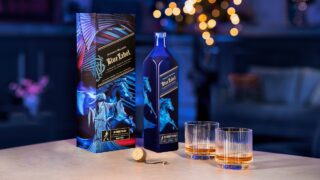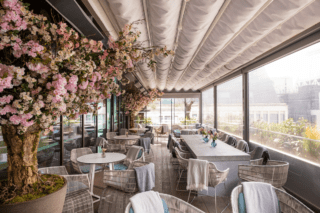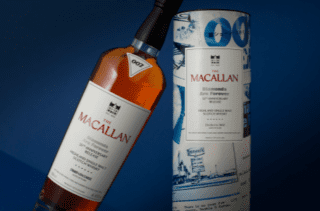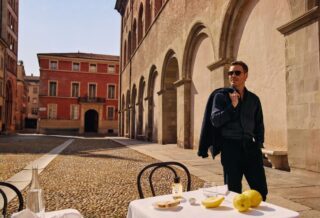This website uses cookies so that we can provide you with the best user experience possible. Cookie information is stored in your browser and performs functions such as recognising you when you return to our website and helping our team to understand which sections of the website you find most interesting and useful.
The good apple: how entrepreneur Portia Hart turned trash into job opportunities for Colombian locals
By Lysanne Currie | 12 July 2021 | Travel
The Green Apple Foundation’s Portia Hart shares the inspiring story that saw her leave London for Colombia to embrace beach living with a major difference
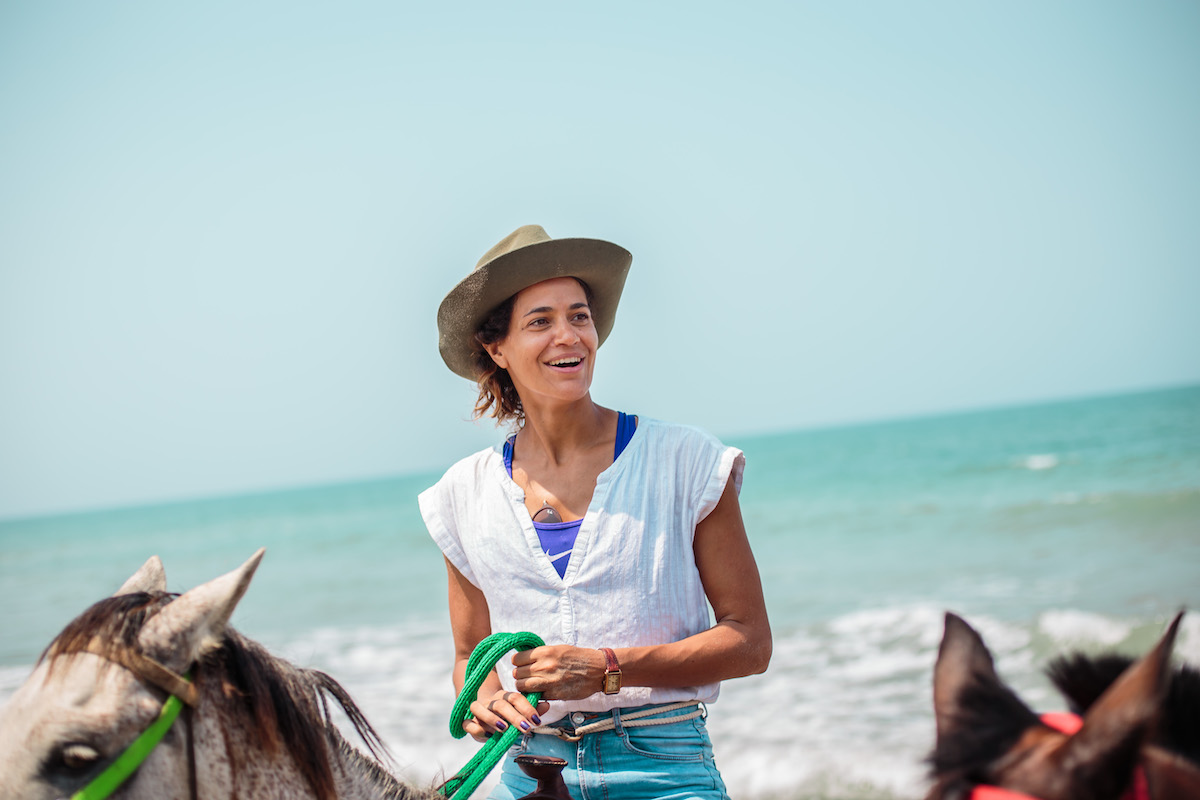
Back in the noughties, Portia Hart was selling yachts in sunny Monaco, living a glamorous life with the international jet set.
Fast forward a decade, and she was elbowdeep in waste disposal and broken glass in one of the poorest parts of Colombia. Yet, she couldn’t feel more fulfilled. “The biggest luxury in my life is to go to bed at night knowing I’ve had a positive impact – not just on the environment, but on people too.”
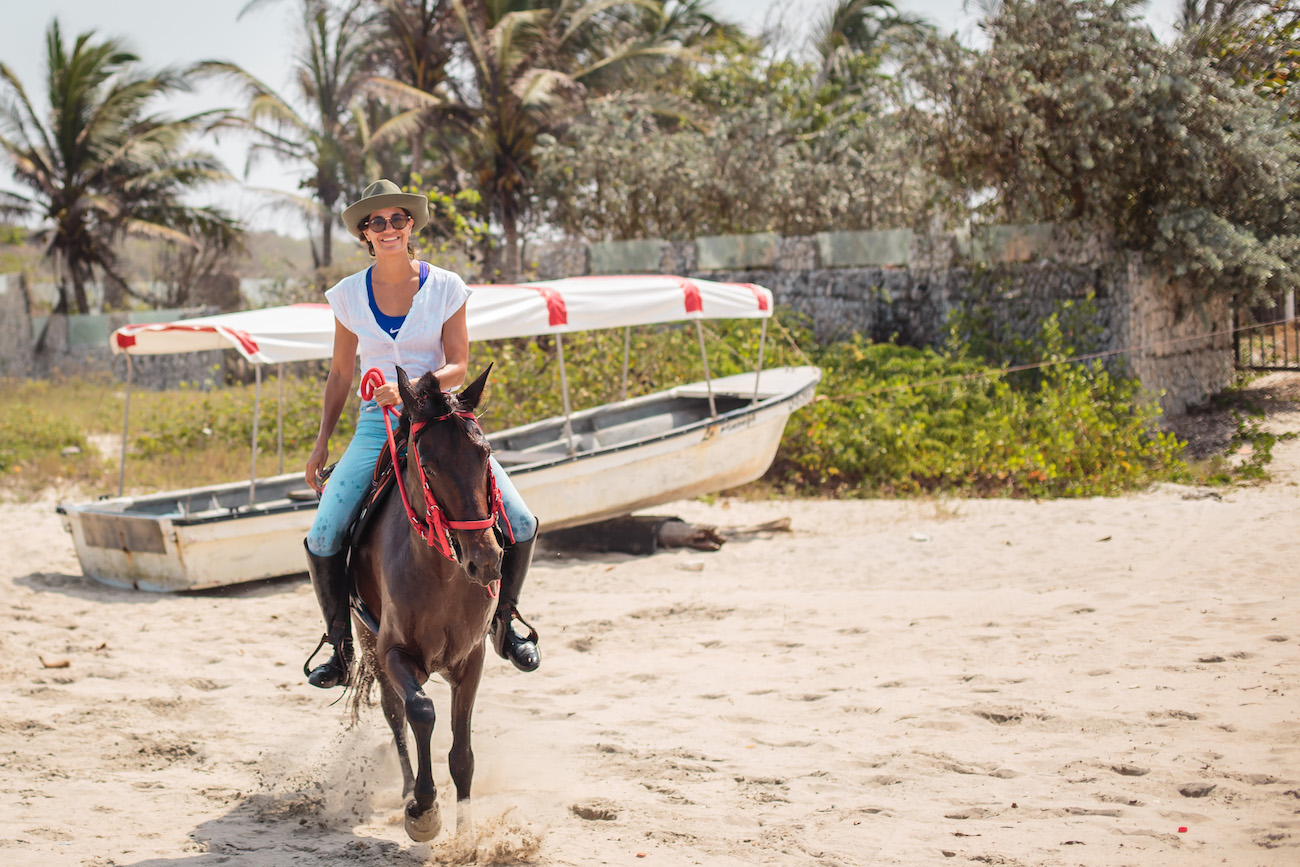
Yes, it’s been quite a journey for the British-Trinidadian entrepreneur. Few could have blamed her for staying in Monaco, yet Hart “wanted to see something of the real world. And I just thought, ‘If I don’t leave now, I’ll play it safe until the end of time’.”
When a friend invited Hart to spend some time in the South American republic of Colombia, it was the excuse she needed to take a beach-side sabbatical. Little did she know that what started out as a restful break would result in a sustainability drive to put even the most hardened eco-warriors to shame.
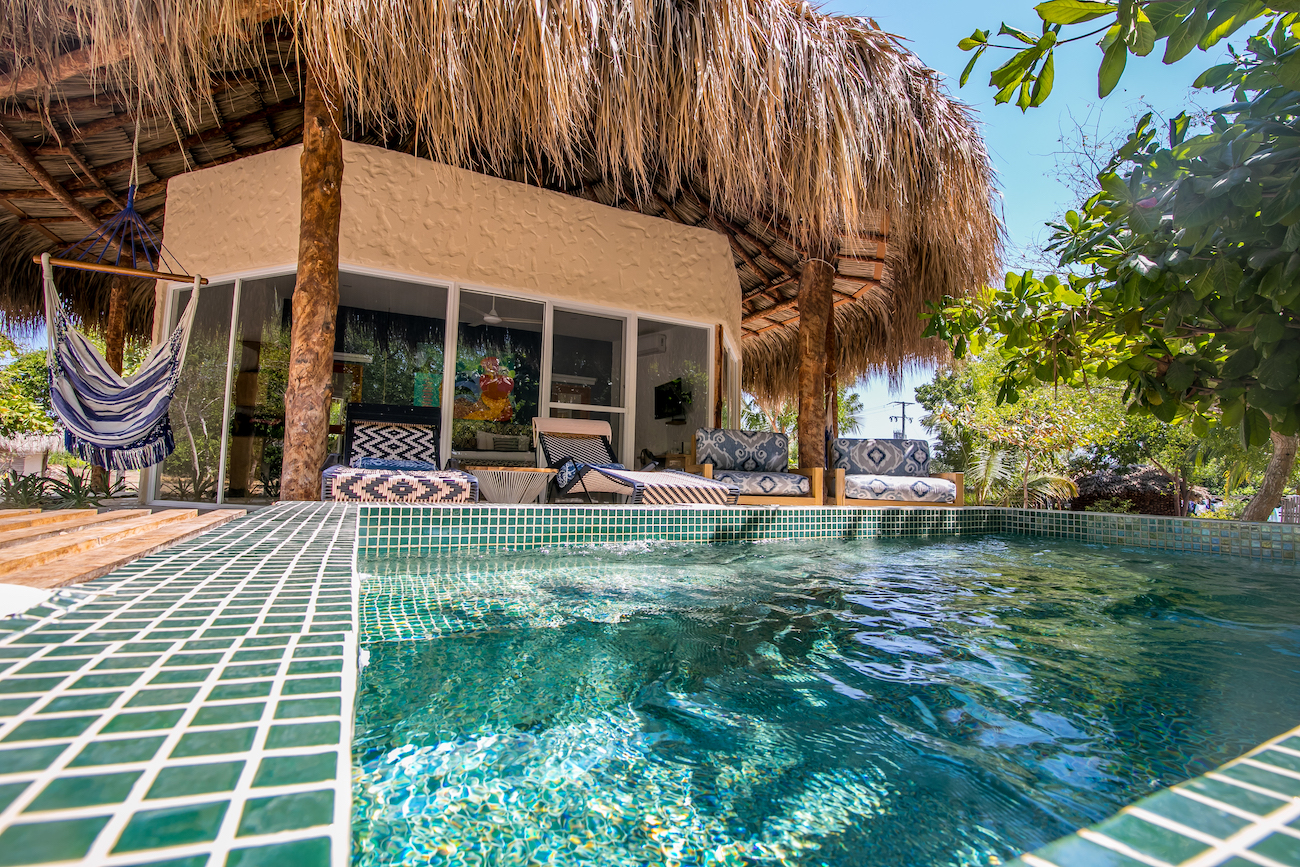
On first arrival, Hart loved the energy and vibe of Cartagena. Beach-wise, however, she saw that there was definitely room for improvement.
“It was just a really terrible experience every time,” she says. “You had to go really early in the morning because the nicest beaches were about an hour’s boat ride away. Virtually nowhere had a menu with more than two dishes on it. No one served wine. The service was really bad and very few places had chairs, tables and cutlery. You’d be eating a freshly caught fish with your hands.”
And after the fifth or sixth time of saying, “that was a disaster”, she thought, “Maybe I should just start a beach club? A place where you can drink a decent bottle of rosé, listen to good music, have wifi and eat with a knife and fork.”
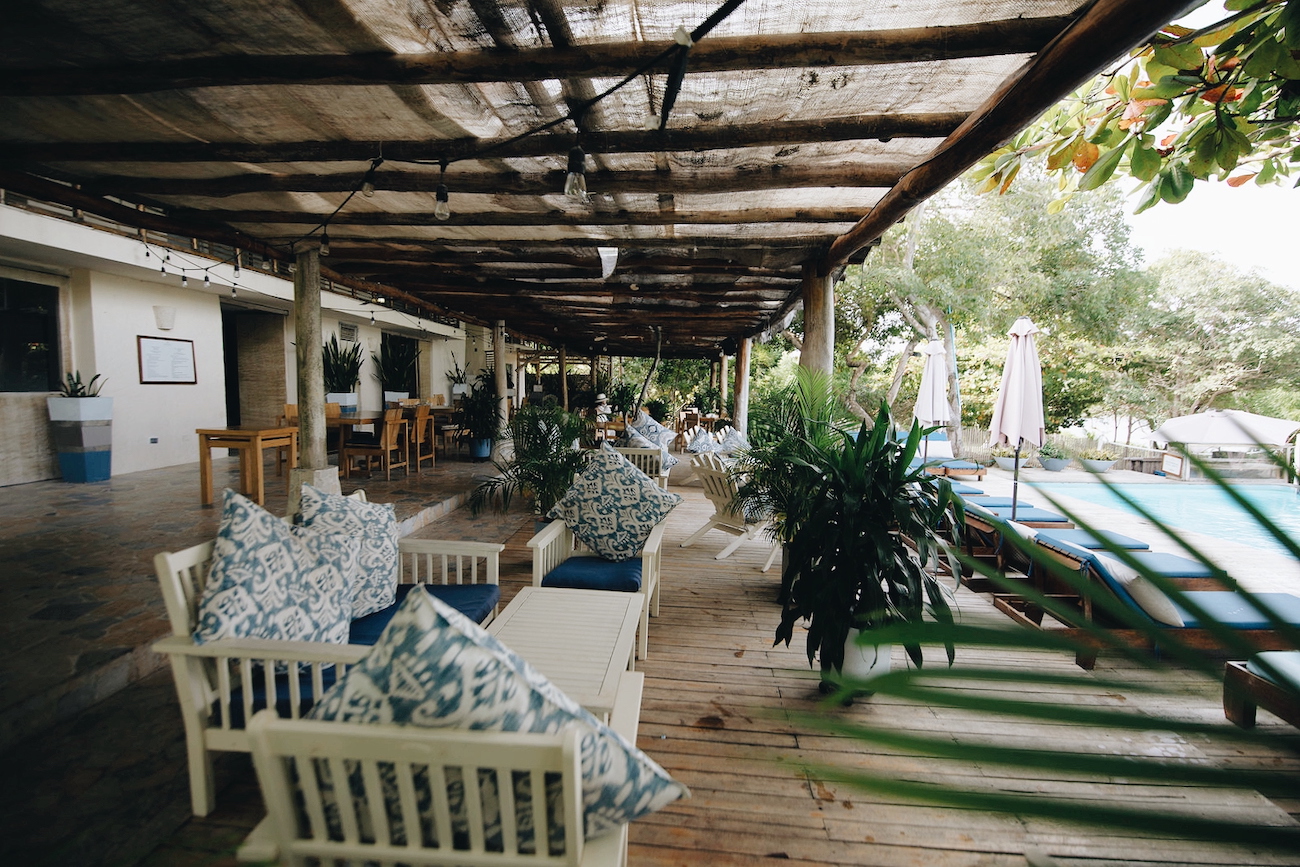
Shrugging off suggestions that this approach wouldn’t work in Colombia, Hart pointed to the success of upmarket beach clubs everywhere from Mexico to Miami and Greece.
Within six months, her Blue Apple Beach Club was a hit with the locals. “That was the funny thing,” she says. “It wasn’t even full of tourists.”
Her business plan, she says, was “very humble. We didn’t have investors and kind of made it up as we went along. I got my hands really dirty, did a little bit of everything. And I’m still here every day and really involved.”
The Blue Apple Beach Club, on the Isla Tierra Bomba off the coast of Cartegena, has a restaurant and 10 rooms, though she’s looking to build more bedroom villas over the next couple of years. It’s all made more impressive by the fact that the island is without running water, paved roads or electricity some of the time. “It’s quite a big operation when everything has to come in on a boat.”
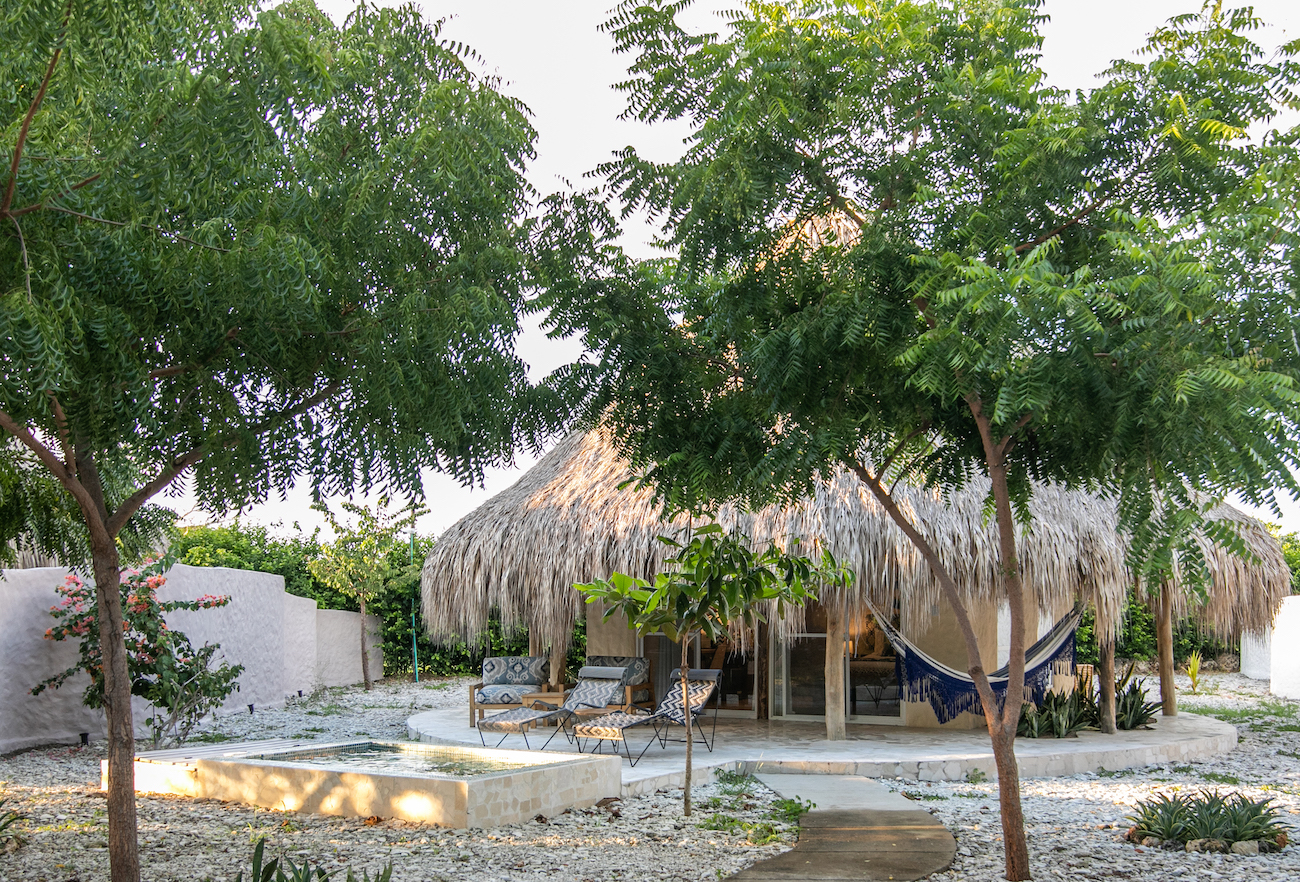
A FORCE FOR CHANGE
Hart’s next project was a real force for change. The Green Apple Foundation, launched in 2017, is a not-for-profit social enterprise that uses trash to create job opportunities for locals. Initially she was worried.
Her previous experience in yachting had no eco-credentials, and she wondered if committing to such a concept was impossible for a small business such as hers. But Hart was committed. “Doing things the right way is very often better for business,” she says.
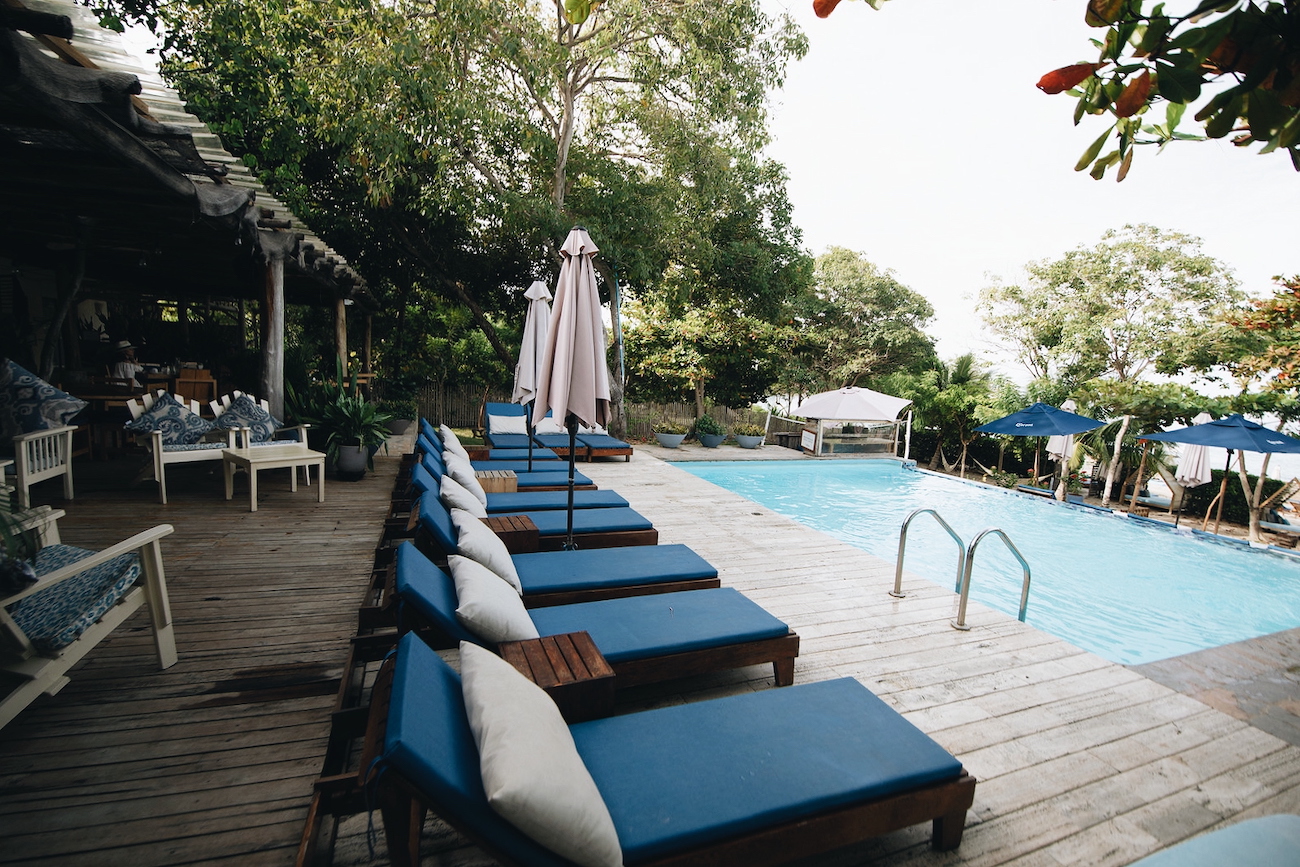
This valuable lesson came in various forms. By recycling water, the land has become more fertile, enabling Hart to employ two local gardeners.
“We’ve actually been able to create jobs that pay for themselves because we’re recycling,” she says. “You suddenly go, ‘Wow, this creates jobs and prevents waste limits and environmental damage – why aren’t we all doing this?’”
Not everything has been smooth running. There was, for instance, no proper municipal waste collection service on the island. The Green Apple Foundation duly organised a waste reduction and recycling program, and it proved profitable – except when it came to glass.
No one recycles on the grounds of ethics alone, Hart explains. “The recycling industry functions because it makes a profit. So when there’s not a profit to be made, it stops.”
And so, after some brainstorming, a new initiative was created – one in which glass is crushed and turned into sand, and contributed to the construction industry to make concrete and mortar. “There was lots of trial and error,” she admits. But, within a year, it had become a financially selfsufficient vehicle employing five people full-time.
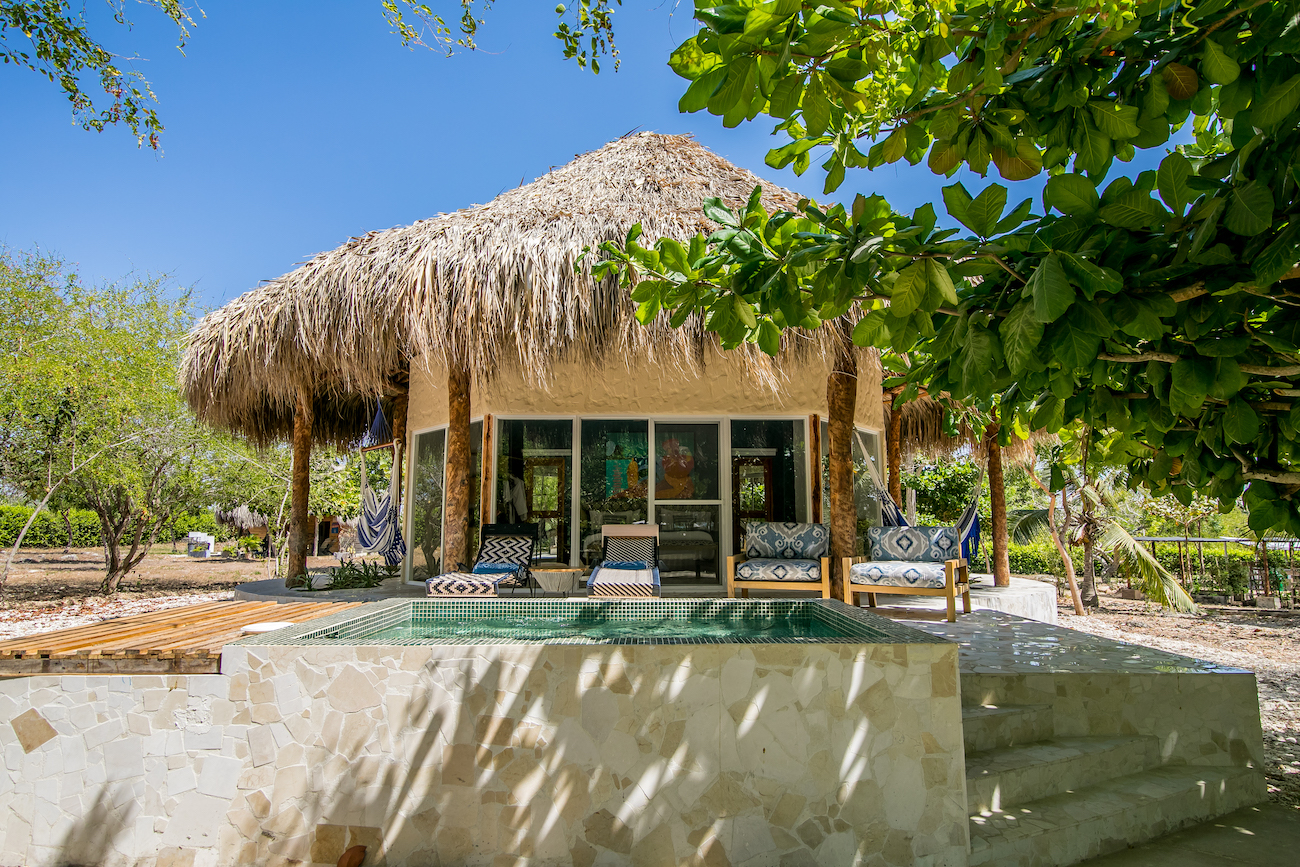
BETTER LIVING
Since 2017, Hart’s teams have benefited from stable jobs, allowing them to travel, build homes and provide university educations for their children.
“If you don’t give people the opportunity to have a good quality of life, you can’t expect them to care about the environment,” says Hart. “I never want the right choice to be an act of philanthropy,” she says, “because I don’t believe that makes sustainability viable. I think, as a society, we have to find ways that appeal to people and we live in a world where financial, economic motives matter. I don’t think social justice or environmental responsibility should ever only be in the hands of people who can afford to lose money doing it.”
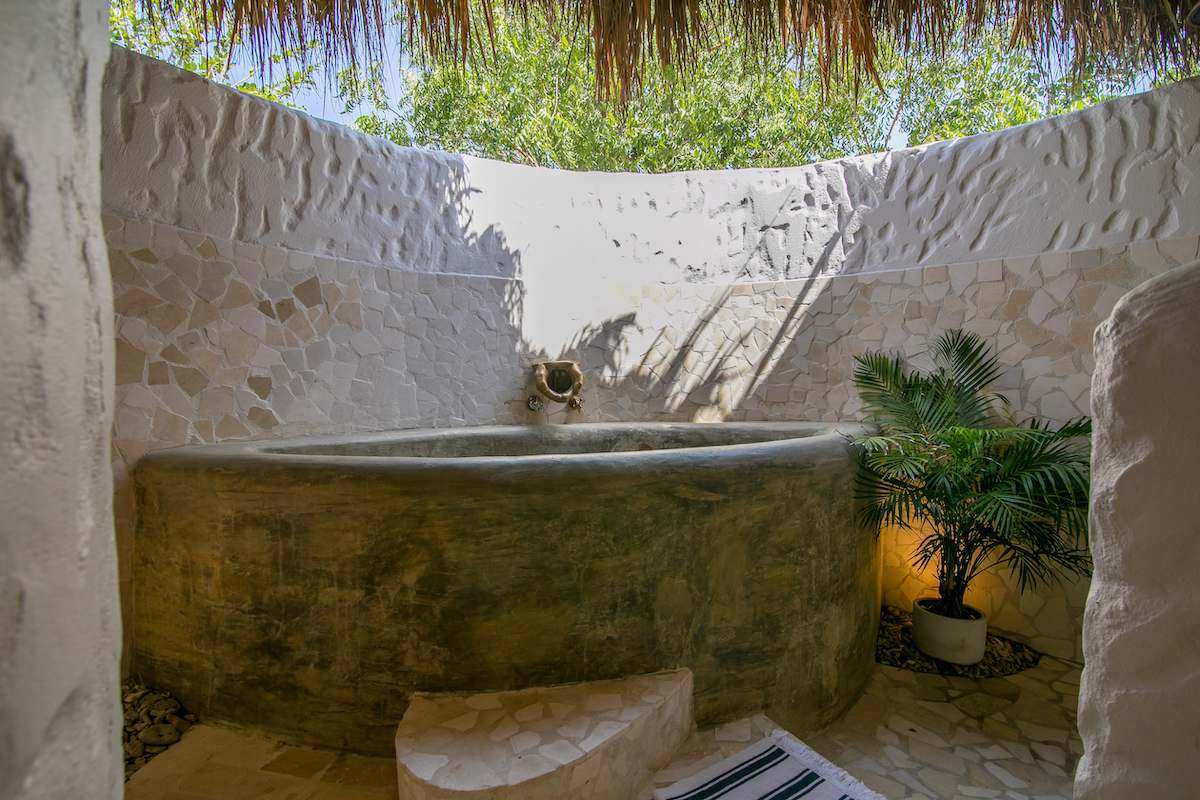
More recently, the Covid-19 pandemic created a new challenge for the organisation when she was forced to close doors for seven months.
Hart says she “stepped into crisis mode. I have a sister in the army and I actually asked her for some leadership technique advice!’” Nevertheless, she was able to pay all her staff half a salary for the months they were closed. The enforced hiatus gave her time to reflect, too: “I gave a lot of thought to what success really meant to me as a person and how I could link my success to other people’s,” she says.
This resulted in a new philosophy. “The things that we’re doing [with the Foundation] are no longer the by-product of our business – they are the purpose of our business.”
To those thinking of embarking on a similar journey, Hart’s top tip would be: “Don’t think about it too much.”
Referencing a time when Hurricane Matthew forced the club to close for two weeks, Hart recalls that not only was there no water (because the boat that delivered it couldn’t dock), but a cow wandered into the property and had fallen into the septic tank.
“The tank is now repaired, we have an even better wastewater management system than before, and the cow lived.” she says. “But if you thought about any of those challenges, you’d never start. So you just have to just jump into it and enjoy the ride.”


